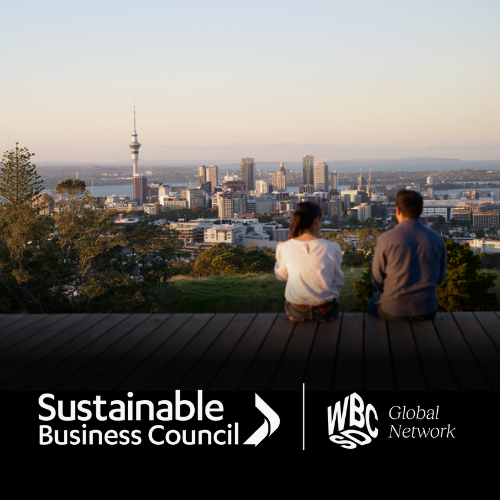Guest Blog: Public support for green Covid-19 recovery
A majority of New Zealanders support clean and green COVID-19 economy recovery policies, in a recent survey from Massey University.
The economic costs due to the COVID-19 pandemic are estimated to reach $9 trillion worldwide in the next few years and governments are racing to support COVID-19 economic recovery. The New Zealand government has committed to fund up to $62.1 billion in fiscal support.
But unless our policies also address the root causes for the rise in pandemics—human impact on the environment and climate change—these will remain only stop-gap measures till the next outbreak. A majority of emerging infectious diseases, and almost all recent pandemics such as SARS, MERS, West Nile, H1N1, and Ebola, have jumped from animals to humans.
The survey, Aotearoa New Zealand Public Responses to Covid-19 and Climate Change, investigated if and how New Zealanders see the link between human impact on the environment, climate change, and the spread of coronavirus, including their support for government’s COVID-19 emergency funding plans. More than 1000 people completed the survey during Alert Level 1. It was led by Dr. Jagadish Thaker and Dr. Vishnu Menon at Massey University.
Key findings
A majority of New Zealanders say that human impact on the environment (80%) and large scale animal “factory” farms (70%) increase the risks of new disease outbreaks such as the coronavirus. Yet, many don’t see or are split on the role of agriculture expansion (55%), deforestation (51%), and climate change (42%-53%) in infectious disease emergence and transmission.
About eight in ten New Zealanders agree that we cannot protect our health without protecting the environment (76%). Over half believe that actions to protect plant and animal species (58%), and reduce pollution caused by burning fossil fuels (53%) will protect us from future outbreaks of new diseases such as the coronavirus.
Findings for business
Scholars at Oxford University have identified five COVID-19 fiscal recovery policies with high potential of co-benefits for the economic recovery and climate action: clean physical infrastructure, building efficiency retrofits, investment in education and training, natural capital investment, and clean R&D.
Seven in ten New Zealanders support a clean and green COVID-19 economic recovery plan, and say that industries such as the airlines, electric utility, and agriculture sector that receive emergency government funding should be required to reduce their carbon and water pollution.
- 75% support emergency funding to improve public transportation and rail infrastructure
- 73% support emergency funding for development of clean energy technologies such as solar and wind
- 70% support tax credits or rebates to individuals to improve energy efficiency in their homes
- 65% support training for jobs in renewable energy industry
- 60% support funding to retail sector contingent on reducing pollution and waste
- 47% support tax credits and subsidies for individuals who purchase electric cars or trucks
A majority of New Zealanders say they are likely to shift to more environmentally friendly behaviours in next 12 months, even if it costs more or is inconvenient.
- 64% say they will purchase energy efficient appliances even if it costs more
- 53% say they will use public transportation or reduce car use even if inconvenient for travel
- 43% say they will buy an energy efficient car even if it costs more
Three in ten or more New Zealanders say they will engage in civil and political action on climate change, including donating to a climate change organisation (42%), contacting government officials (41%), engaging in non-violent civil disobedience (35%), and hosting neighbourhood meetings (26%).
A majority of New Zealanders are confident that people like them, working together, can affect business and government action on climate change.
Dr. Jagadish Thaker, Massey Business School | Kaupapa Whai Pakihi, Massey University
Contact: Dr. Jagadish Thaker, Massey Business School | Kaupapa Whai Pakihi, Massey University

